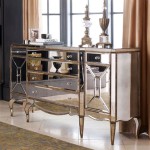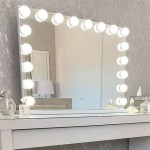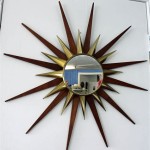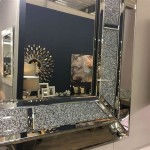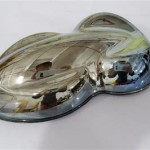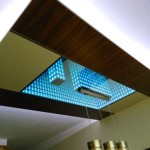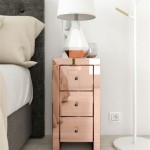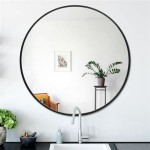The Ultimate Guide to Choosing Best Glue for Bathroom Mirrors
Installing a bathroom mirror can be a simple DIY task, but choosing the right adhesive is crucial for ensuring a secure and durable bond. With the myriad of glue options available, selecting the best one for the job can be overwhelming. This comprehensive guide will navigate you through the essential aspects to consider when selecting the ideal adhesive for your bathroom mirror.
Types of Glue for Bathroom Mirrors
Several types of glue are suitable for bonding bathroom mirrors, each with its unique properties and applications. Here are the most common options:
- Construction Adhesives: These adhesives provide a strong and permanent bond, making them ideal for heavy mirrors or installations in high-moisture areas.
- Mirror Mastic: Specifically designed for bonding mirrors, this adhesive provides excellent adhesion and flexibility, accommodating for slight mirror movement.
- Liquid Nails: A heavy-duty adhesive that forms a strong bond, Liquid Nails is suitable for larger mirrors or installations on rough or uneven surfaces.
- Epoxy Adhesives: Known for their exceptional strength and durability, epoxy adhesives are ideal for bonding mirrors to non-porous surfaces like metal or glass.
- Silicone Adhesives: These adhesives provide a waterproof and flexible bond, making them ideal for mirrors in showers or steamy bathrooms.
Factors to Consider
When selecting the best glue for your bathroom mirror, consider these key factors:
- Mirror Weight: Ensure the adhesive you choose can support the weight of your mirror.
- Surface Material: Match the adhesive to the surface on which the mirror will be mounted (e.g., drywall, tile, wood).
- Moisture Resistance: Choose a waterproof adhesive for mirrors in areas exposed to moisture (e.g., showers).
- Flexibility: Consider flexible adhesives if the mirror may be subject to movement or vibration.
- Ease of Use: Opt for adhesives that are easy to apply and clean up.
Recommended Adhesives
Based on the factors discussed above, here are some recommended adhesives for various bathroom mirror installations:
- Lightweight Mirrors on Drywall: Construction Adhesive or Mirror Mastic
- Heavy Mirrors on Drywall: Liquid Nails or Epoxy Adhesive
- Mirrors on Tile or Glass: Epoxy Adhesive or Silicone Adhesive
- Mirrors in Showers or Steamy Bathrooms: Silicone Adhesive
Application Instructions
Before applying the adhesive, thoroughly clean both the mirror and the mounting surface. Follow the manufacturer's instructions for specific application techniques. Generally, the process involves applying the adhesive to the back of the mirror, aligning it with the mounting surface, and pressing it firmly. Ensure the mirror is level and secure. Allow the adhesive to cure fully before using the mirror.
Conclusion
Choosing the best glue for a bathroom mirror is essential for a successful installation. By considering the types of glue available, the factors influencing your selection, and the recommended adhesives for specific scenarios, you can ensure a mirror that is securely bonded and will last for years to come. Whether you opt for construction adhesive, mirror mastic, liquid nails, epoxy adhesive, or silicone adhesive, the right choice will guarantee a mirror that reflects both your style and your attention to detail.
What Is The Best To Use Glue Mirrors A Wall Quora

Evo Stik Solvent Free Light Grey Mirror Adhesive 290ml Diy At B Q

How To Use Mirror Adhesive Silicone

Mirror Frame Diy How To Update A Basic Bathroom Our Faux Farmhouse

Framing A Bathroom Mirror Tempting Thyme

How To Remove A Mirror Glued The Wall Forbes Home

Diy Stick On Mirror Frame Sawdust Sisters

Mirror Frame Diy How To Update A Basic Bathroom Our Faux Farmhouse

How To Frame A Mirror

Easy Diy Tutorial Adding Trim Around A Giant Mirror For Ers

